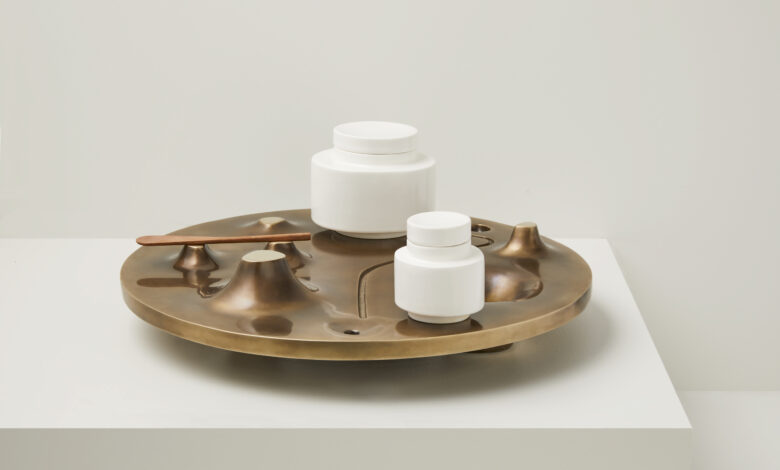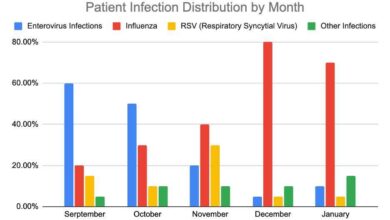Limited Edition Collectors Multisensory Art Piece Launches at Expo 2020 in Celebration of The First Harvest of the World’s Most Exclusive Manuka Honey

Launched at New Zealand Pavilion Expo 2020 Dubai, Makino First Harvest offers discerning wellness devotees the chance to own a unique collector’s piece
To commemorate the debut harvest from 1 million reforested manuka trees nestled in New Zealand, leading honey brand Comvita have launched a unique collector’s item where each precious drop is presented in a custom-made ceramic pot designed by internationally renowned artist and sculptor, Gideon Bing. Forged with clay from Makino Forest, each pot lies on a striking bronze tray sculpture depicting the topography of the land including the forest’s winding tributaries which flow into Manganui o te Ao and Whanganui rivers.
Adding further value to this unique collector’s piece, each Makino First Harvest comes with a bespoke sound journey curated by legendary composer Peter Hobbs. Capturing the music of Makino – from indigenous bird song to the buzzing of the bees – he has used 3D binaural sound to create 50 individually blended recordings accessibly exclusively to it’s owner through digital innovation layering.
In 2021, Comvita’s reforestation and apiary program at Makino Station produced manuka honey for the first time. Makino First Harvest is the celebration of this great achievement – marking the only opportunity to own its debut drops of pure goodness from the international wellness brand famous for its world-leading UMF™ Mãnuka honey. This Mãnuka honey is packed full of life-giving bioactive micronutrients.
Nestled in the New Zealand’s Whanganui Manawatu Region, the Makino Forest acts as a corridor between expansive lowland native forests. The area is part of Comvita’s sustainability initiative to reforest pastoral land back to native manuka and other indigenous species, enriching ecosystem diversity through the power of bees; also home to breeding kiwi, blue duck and native falcon.
Tributaries of Makino forest lead into the Manganui o te Ao river which flows west from the slopes of Mount Ruapehu to meet the Whanganui river. In 2017 the Whanganui river was recognized as an indivisible and living whole, giving Comvita the great honor to be part of such rich kaitiakitanga or ‘earth guardianship’ and the rivers physical and metaphysical life force.
Over 50 years ago Comvita founders, Claude Stratford and Alan Bougen, brought natural beekeeping practices and business to life by ‘doing good’. They were convinced if they concentrated on doing the right things first, then wider business success would follow. In the early years, Comvita was a community of hardworking individuals committed to acting in a manner that preserved and helped improve the quality of life and the environment for generations to come. Today, this sentiment remains at the heart of the business.
Comvita believes that healthy bees and honey starts with the land and its surroundings. So its hives are located far from pollution and agricultural sprays in remote forests in New Zealand, a country free of genetically modified crops.
To help offset the carbon footprint of production, it is a continual focus for Comvita to reduce their carbon impact on the environment. Throughout 2018, Comvita planted more than 2 million Manuka seedlings throughout New Zealand, contributing to an overall total of 4,000,000 Manuka seedlings planted across the country since 2016. Where Manuka planting takes place, marginal and soil-eroded land is restored, and waterways become cleaner, which supports aquatic biodiversity and local habitats.
Most Comvita products are packed in BPA-free recyclable plastic and, as they are shipped from New Zealand, plastic is lighter to ship overseas and therefore reduces the carbon footprint. Ensuring sustainability is applied to all aspects, some new Comvita warehouses include 270kW photovoltaic solar systems on the roof and allow for rainwater from the roof to be stored and used to supply a significant portion of the site’s water use.




